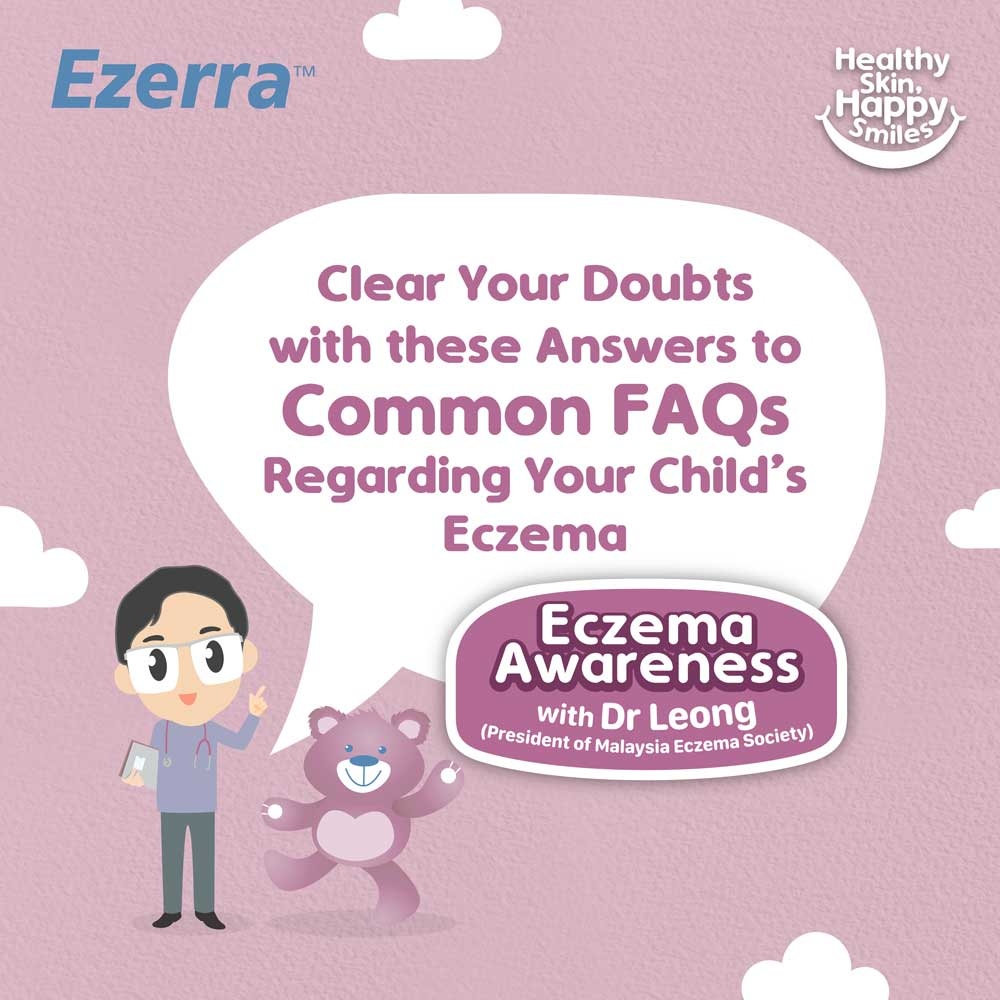
One of the worst things about dry and sensitive skin is the urge to scratch due to uncontrollable itchiness. For people with dry and sensitive skin, scratching makes things worse. Instead of relieving the itch, scratching intensifies the redness and swelling and activates nerve fibres, triggering more itching, which in turn leads to more scratching.
IRRITATION
As with many other allergic conditions, dry and sensitive skin flares up and disappears. Relatively symptom-free periods alternate with others where symptoms show up. These irritations may be seasonal, triggered by factors like irritants, allergens, or stress, or have no identifiable cause.
PHYSICAL, SOCIAL AND EMOTIONAL IMPACT OF DRY AND SENSITIVE SKIN
The physical effects of dry and sensitive skin are evident: dry, itchy skin and redness. While in an irritated state, symptoms worsen and sores may appear. Sometimes when bacteria gets under the skin, it develops yellow crust or bumps that contain pus. Constant scratching is a common physical component of dry and sensitive skin and readily apparent. Emotional effects may be less obvious. It can be difficult to understand the torment of an unbearable itch for which scratching provides only momentary relief. Scratching often exacerbates the discomfort and pain (children with dry and sensitive skin often scratch until they bleed). Dry and sensitive skin can be compared to a bully who sometimes keeps going for days on end, then leaves, only to reappear. Socially, children with dry and sensitive skin may suffer most simply by being different. At an age when their peers are learning the basic skills of social interaction, children with dry and sensitive skin are singled out because of symptoms like visibly dry, red, rough skin, or scratching. Worse, particular triggers may limit important activities such as sports (since sweating can exacerbate dry and sensitive skin) or arts and crafts (where materials used may act as irritants). Children with dry and sensitive skin must also cope with a lack of understanding from other children, an unfounded fear of contagion by both children and adults, teasing, and isolation.
THE GOOD NEWS ABOUT DRY AND SENSITIVE SKIN
While living with dry and sensitive skin may be a challenge, especially for children, it does not have to be an experience of constant suffering. With proper medical care and support from family, friends, and important adults like teachers, most children with dry and sensitive skin can live normal lives.





